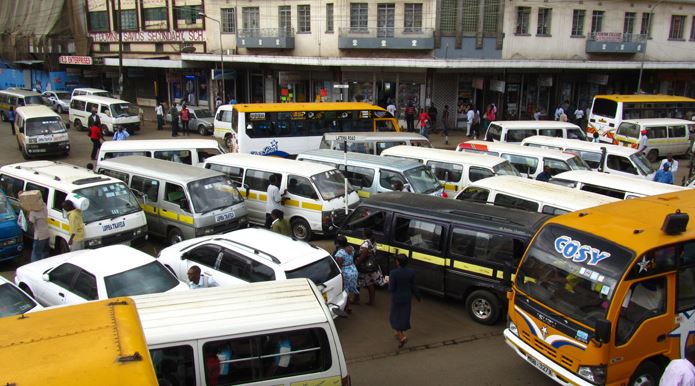×
The Standard e-Paper
Fearless, Trusted News

Anyone born this millennium would be forgiven for thinking that Kenya’s public transport system has always existed in a Hobbesian state of nature. “Nasty, brutish and short,” are terms that aptly describe the lives of the purveyors of public transport, popularly known as matatus, and their passengers.